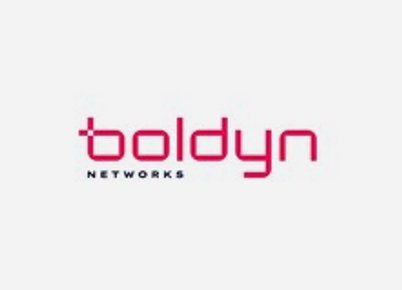Telcos are cutting jobs but not because of AI
For all the doomsaying about AI job destruction, there is so far scant evidence to show that artificial intelligence is nuking the workforce in telecoms or any other sector.
The latest case in point is Telstra. The Australian telco was reported to be planning major job cuts as a result of its AI pivot, sparking a good deal of excited speculation.
But the reality is the company is shedding just 550 positions in its struggling enterprise division. A spokesperson explained to Reuters the job cuts were part of a "reset" of the enterprise business and had nothing to do with AI.
We can see telcos across the industry trying to shrink headcount but this too is driven by opex management and restructuring, not an AI reboot. For example, AT&T and Verizon offloaded 15,000 positions last year, but no one is arguing that these are directly a result of AI.
From a broader perspective, US job reductions are the highest since Covid five years ago but a new survey has found no sign that AI is responsible. In its latest report, recruitment firm Challenger, Gray & christmas said the biggest factors have been DOGE government cuts and tariffs. It could identify only 75 jobs directly lost to AI.
Jobs tsunami
"There are roles that can be significantly changed by AI right now, but I’m not talking to too many HR leaders who say AI is replacing jobs." Andrew Challenger, a senior VP at the company, told NBC News.
This is not to say the AI jobs tsunami isn't gathering pace before it crashes onto the heads of the world's unsuspecting workers. It's just that directly attributable AI job losses are hard to find.
That's in stark contrast to the grand claims made for it, like the prospect of margins of 80-90%. The literature on AI jobs impact almost wholly consists of absurdly confident forecasts rather than actual events.
But the creation of a widely held expectation of mass layoffs has become a handy enabler for firms looking to downsize. That includes Telstra, which flagged up employee cuts in its new five-year AI-driven strategy plan.
More overtly, we have BT CEO Allison Kirkby directly linking mass job losses to AI. She told the Financial Times last month that her predecessor's plan to eliminate up to 45,000 jobs by 2030 "did not reflect the full potential of AI." In fact, she thinks AI may be able to help her shed a further 10,000 or so jobs by the end of the decade.
AI as a jobs vaporizer may not yet be here, but the era of AI as a scapegoat has well and truly arrived.





